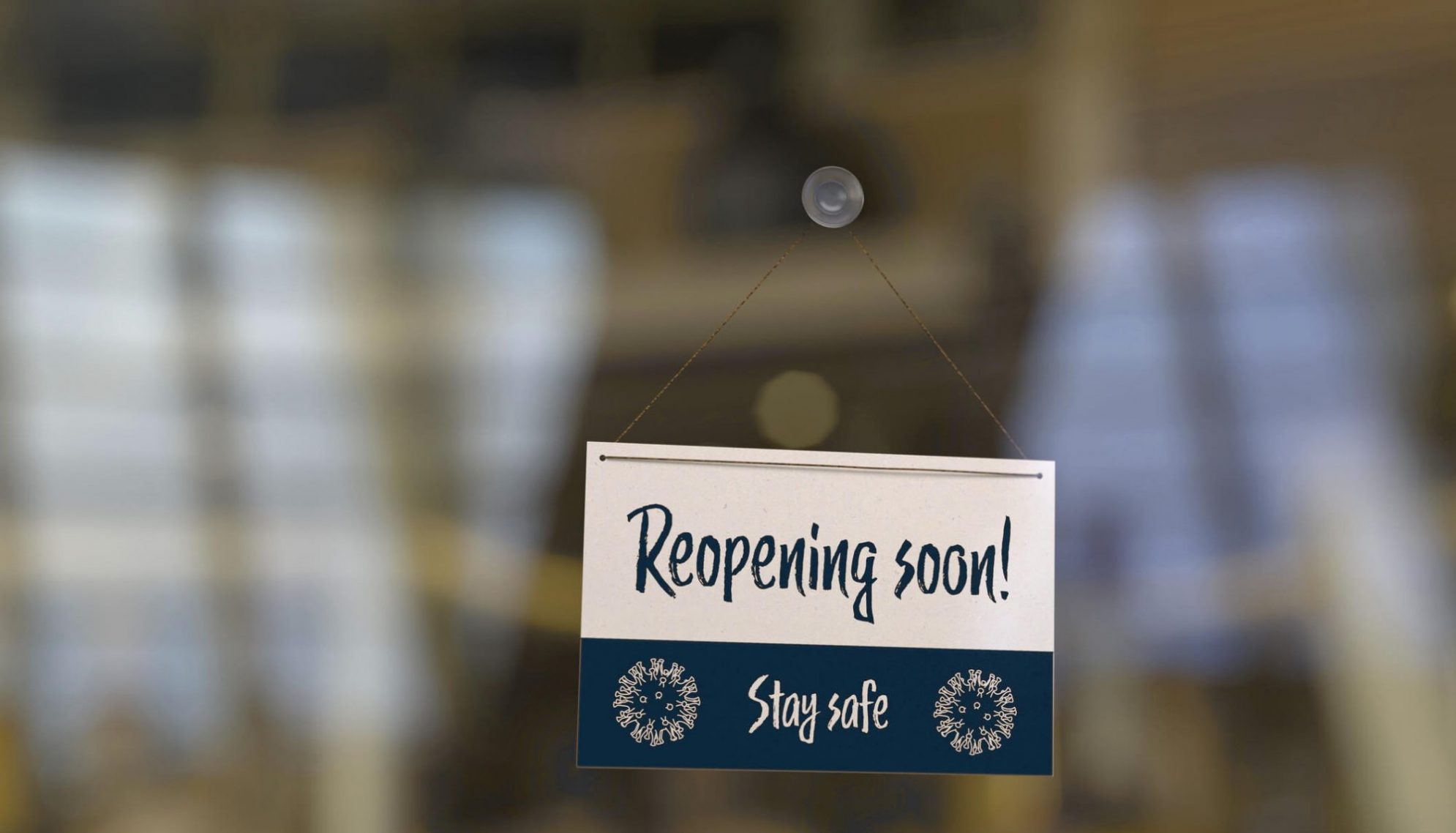
The Road to Recovery: Why effective communication is key to our path out of lockdown
As momentum builds on Wales’s post-COVID-19 recovery, with retail, hospitality and tourism beginning to open back up across the country, there remains a lingering challenge that still needs to be overcome.
While many are confident that the vaccine rollout is our way out of future lockdowns, representing a return to a normal life of both work and play, there are others who are more suspicious of the promises being made by medical intervention.
Academics from Imperial College London recently warned that so-called vaccine hesitancy could increase the number of further COVID-19 deaths by up to eight times, compared with ideal vaccination uptake. Not only does this represent more tragic loss of life, it would almost inevitably lead to the prolonging of restrictions and a significant setback for our economic recovery, along with everything that entails.
Hospitality and tourism – along with events, theatre, arts and culture – have been among those hit the hardest by the pandemic. For those whose livelihoods are at stake, the relief to be able to open back up again has been underpinned by the hope that the journey out of lockdown is a one-way ticket. However, one thing we’ve learned from this pandemic is that we can take nothing for granted.
Those responsible for the creation of the vaccines are rightly being applauded, while the medical professionals, and everyone involved in the management of the roll out, are being praised for their incredible efforts. But there is another group of individuals who are less visible and yet still have a huge role to play – the communications teams responsible for providing the public with the all-important reassurance that the vaccine is not only a good thing but a must-have.
Ordinarily, you could be forgiven for thinking that this is a reasonably straightforward job. More than 127,000 people in the UK have died from COVID-19, within 28 days of testing positive for coronavirus, and the impact on friends and families has been devastating. The pandemic has also seen the UK suffering its biggest economic decline for three centuries, with a 9.8 per cent slump in GDP last year. One might assume that these facts are reason enough to stand in line for the jab when your name is called out. Sadly, the reality isn’t that simple.
It was Wednesday 11 March 2020 when the World Health Organisation (WHO) declared the outbreak of COVID-19 a pandemic. It was just six months later that the same medical experts warned of another worrying circulation – an ‘infodemic’ of false information.
Over the last 12 months, conspiracy theories have described COVID-19 as a Chinese bio-weapon, a disease caused by radiation from 5G masts and a virus that is no worse than the common flu. Perhaps most distressing, especially to exhausted NHS staff, are reports of pressure on hospitals being labelled as a hoax, while the worldwide vaccine programme has been dismissed as a money-making scheme engineered by the wealthy elite, as well as a plot to inject microchips into unwitting members of the public.
Research has also shown a dangerous link between vaccine hesitancy and those who go on to use social media and messaging apps to actively discourage others from taking it up. Social media, in particular, has become a breeding ground for the dissemination of fake news, nurturing a generation of ringside commentators who trend hashtags, edit photographs and spread rumour like wildfire. Indeed, it is often fiction, not fact, which circulates quickest online.
Thankfully, social media companies are beginning to take note. Twitter launched a pilot in the US asking users to report misinformation and Google prefaces every COVID-related search with a results list topped by official facts from the NHS – a move that followed the astonishing spike in searches for 5G related conspiracy theories last April.
The challenge facing communications teams in defeating fake news with ‘vaccine truth’ is not just about conspiracy theories, with several European countries deciding to pause their rollout of the Oxford-Astrazenica vaccine due to concerns around reports of blood clots.
It later emerged that the risk of clots was estimated to be less than one in 250,000 vaccinated, and the majority of countries have now restarted their programmes. However, this just illustrates the scale of the communications challenge, and the importance of effective messaging to dispel myths, as well as addressing the genuine questions and concerns of the Welsh public.
One positive working in the favour of comms teams is that the majority of the public still believe doctors are the most trustworthy working professionals. This indicates that, during periods of uncertainty, it pays to amplify the voices of medical experts who can offer the compelling ‘alternative’ to rumours circulating on social media.
At Freshwater, we are proud to have supported several NHS trusts with their communications during the pandemic, and this work has given us a first-hand insight into the scale of the challenge.
So, as many of us start venturing out to sample the hospitality of our local beer gardens, we should raise a glass to all those who have played a part in the vaccination programme, along with everyone who has chosen to protect themselves and others by answering the vaccine call up.
But let’s not stop there – at the time of writing, a total of 1,816,451 people in Wales had received at least one dose of the vaccine. That’s almost two million vaccine ambassadors who can persuade others to join the fight against COVID-19 and keep all our numbers moving in the right direction.
This article was written by Angharad Neagle, our chief executive, and featured in the Western Mail on 4 May 2021.
